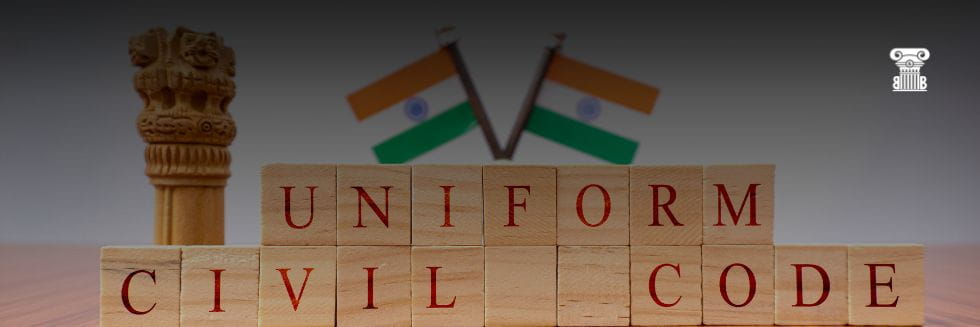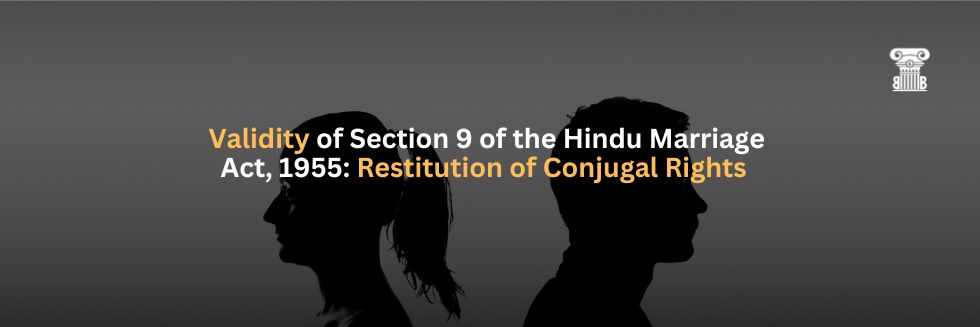The Uttarakhand State Assembly, on 6th February 2024, introduced the Uniform Civil Code Bill, bringing in several changes in the existing civil institutions, such as marriage, divorce, inheritance, and even live-in relationships, as well as the existing or proposed frameworks which catered to such institutions.
The primary intent of a Uniform Civil Code is to bring under the same codifications the multifaceted and different provisions for the aforementioned civil institutions within the distinct social and religious ways of life, understood more generally as the Personal Laws of the followers of such religions.
While the Personal Laws of each community as accepted by the State provide a great level of religious and social autonomy and identity to each such community, the adherence to such Personal Laws ultimately means that two citizens of India who may be experiencing the same grievances or situations may be treated differently owing to their superficial affiliations as based on their religious, social or even tribal identities, hence causing for such citizens of India to be treated differently.
The primary intent of a Uniform Civil Code is not only to replace such Personal Laws but also to provide a reasonable alternative to such Laws, which infringe upon or offend neither the basic rights of a citizen nor their socio-religious affiliations and sentiments. Therefore, the makers of the Constitution treated the notion of a Uniform Civil Code as a utopian concept, whose materialisation was not possible, according to them, in the erstwhile socio-political and religious climate when the Constitution was initially implemented.
Hence, the Uniform Civil Code was deemed to be a part of the group of concepts which were included within the Constitution as the Directive Principles of State Policy (DPSPs), which can be described as ideals which the State must strive to achieve over time, in accordance with the topical needs and requirements of the times. While a multitude of both Central and State electoral campaigns have historically included the promise of implementing a Uniform Civil Code in their list of promises, it has rarely been followed through, with the only exception till now being that of the State of Goa, which retained the Portuguese Civil Code, which does not differentiate within its citizens based on Personal Laws.
The Uttarakhand UCC Bill is, therefore, the first direct implementation of the tenets of Article 44 onto the legislative sphere, as even directed by the Judiciary through landmark cases such as the Shah Bano case,[1] followed by the Sarla Mudgal case,[2] which directed for the Legislature and the Executive to work upon the realisation of the UCC as soon as feasible, to protect the undue exploitation of the citizens under any such Personal Laws which provide a leeway for their perpetrators to be set free, such as Hindu men converting into Islam to have second or subsequent marriages.
Pertaining to the issue of marriage itself, the current Bill proposed in the Uttarakhand Assembly makes several important changes to the flexibility of the various laws of marriage, including the prohibition of polygamy, nikah halala – a process which entails the consummation of the marriage of a woman with someone else before remarrying her original husband whom she had divorced, iddat – a mandatory period of waiting to be observed by women following the dissolution of a Muslim marriage, talaq-e-biddat, also known as the triple talaq, and child marriage, uniform age for girls’ marriage across all religions, and mandatory registration of live-in relationships. The age of majority for marriage for men is set to remain the same, at 21 years for men and 18 years for women.
Further, both Hindu and Islamic law tend to have distinct variations for both men and women with regard to inheriting family property, the Uniform Civil Code Bill of Uttarakhand aims to focus on gender equality by treating men and women equally in matters such as inheritance and marriage. The Code is also likely to extend an equal property share to Muslim women against the existing 25% share accorded under Muslim personal laws.
The UCC Bill also intends to register, and accord rights and liabilities to the individual parties partaking in a ‘live-in’ relationship. The official can refuse registration if one partner is married, a minor, or if consent to the relationship is obtained through coercion or fraud. Partners can terminate the relationship by submitting a statement to the official and providing a copy to their partner. Terminations of these relationships will also be reported to the police.
A ‘live-in relationship’, understood generally as the pre-marital cohabitation of a heterosexual couple in the same house, would attract a penalty of up to 10,000 rupees, up to three months in prison, or both; for cohabiting for over a month without informing the authorities can invite punishment: The punishment for making “false statements” or withholding information about the relationship may lead to a three-month-prison term, a fine of up to 25,000 rupees, or both. This move has generally been considered to be violative of the Fundamental Rights of the citizens, including the invocation of Article 19(1)(e) which safeguards the Fundamental Right to Freedom of Residence to the citizens.
Moreover, the laws pertaining to the tribal communities of the State would remain untouched by the UCC Bill, with the tribal community having protested throughout the entire rollout of the UCC Bill. Indeed, the customs and traditions which dictate each distinct tribal way of life are too diverse to be categorised within a single Code, and even any future attempt at unifying such tribal authorities must be done with a proper analysis of the issues faced by the tribals, the logical and acceptable means of achieving resolution through a Code.
Therefore, one must analyse the Uttarakhand UCC Bill as a prototype of any future Central legislations which are brought about as a means to implement a National umbrella – a Uniform Civil Code, what it would entail regarding various sections of the society, and how the State would accord them with uniform rights.
_________________________________________________________________________________________________________
[1] Mohd. Ahmed Khan v. Shah Bano Begum, (1985) 2 SCC 556
[2] Sarla Mudgal v. Union of India, (1995) 3 SCC 635
_________________________________________________________________________________________________________
This article is written and submitted by Koustubh Sharma during his course of internship at B&B Associates LLP. Koustubh is a 3rd year B.B.A.LL.B student at Himachal Pradesh National Law University, Shimla.






